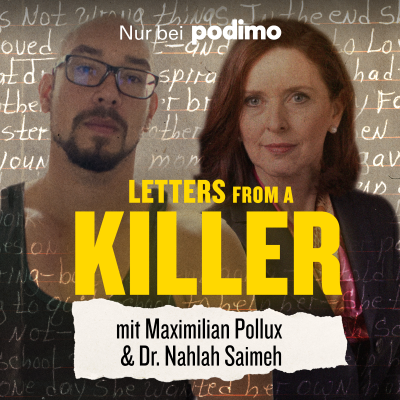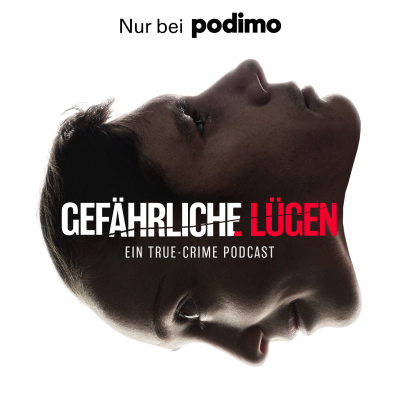
Intervention Workshop
Englisch
Gratis en Podimo
Kostenlos hören bei Podimo
Starte jetzt und verbinde dich mit deinen Lieblingspodcaster*innen
- Vertraut von über 1 Mio. deutschen Hörer*innen
- Über 1.000 lokale Podcasts und Shows – nur bei Podimo
- Keine Zahlung nötig
Mehr Intervention Workshop
How to help your addicted loved one accept treatment for alcoholism and drug addiction, using the Love First model of intervention. Jeff and Debra Jay, authors of the best-selling book "Love First," provide a detailed guide to the intervention process. Topics include: the neurobiology of addiction, creating an intervention team, writing intervention letters and bottom line letters, preparing for objections, choosing a treatment provider, intervention day, and 20 FAQs. Learn at your own pace. Share them with friends and family. Help your family find recovery. Organizing tools and documents mentioned in the podcasts are downloadable here: http://bit.ly/IWdocs33
Alle Folgen
20 FolgenSection 1, Chapter 1: Introduction: Facing the Problem
Jeff Jay and Debra Jay provide an introduction and overview of the Intervention Workshop. How can we come together as a family to help our addicted loved one get treatment? How can we avoid catastrophic consequences and raise the bottom to right now? Planning and preparation are critical. There is little chance for success without training, rehearsal, and a detailed plan. There are many details to consider.
Section 1, Chapter 2: Underestimating the Problem
Families often hope it's not really addiction (or substance use disorder). Different family members have different opinions, and that dilutes the power of love and family. By the way, family is whatever we define "family" to be. Addiction is a brain disease, and sometimes a brain injury. It will not get better on its own. Addiction is a medical problem that requires professional treatment. Our addicted loved one will minimize the problem and blame others. This is normal. We cannot expect the person who has a brain disease to have a clear view of the situation, and certainly not to have the solution. It's up to us to make sure our loved one is offered the help they need.
Section 1, Chapter 3: Inside the addicted Brain
Debra Jay takes you inside the addicted brain for an up-close look at the neurobiology of addiction. Addiction has been recognized as a disease since 1877, and it has been recognized as a disease by the American Medical Association since 1955. Addiction is not a learned behavior, or simply a way of medicating unpleasant feelings. People may use chemicals to change the way they feel, but when a person becomes an alcoholic or addict, the situation changes drastically. A person suffering from addiction will experience repeated, serious negative consequences as a result of using chemicals, but will continue to use chemicals regardless. This seemingly irrational behavior in an otherwise rational person often frustrates and confuses friends and family (Why doesn't she learn?), but Debra Jay explains why the addicted brain is different.
Section 1, Chapter 4: Myths and Misconceptions
Substance use disorders, alcoholism and drug addiction are widely misunderstood. They are often considered moral issues or failures of will power, or defects of character. These ideas are wrong. In this chapter, we explore the many myths and misconceptions surrounding addiction, and set the record straight.
Section 1, Chapter 5: Enabling
Jeff Jay discusses the dynamics of enabling. Here he defines "innocent enabling," which happens when the family thinks there loved one is just going through a phase, and will grow out of their problem. Then he talks about "desperate enabling," when the family finally realizes their loved one has a disease, and they are desperately trying to avoid greater consequences. He then discusses the process by which families awaken to what they really need to do.















































